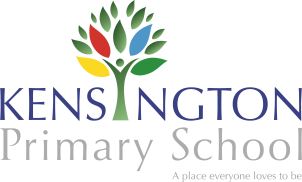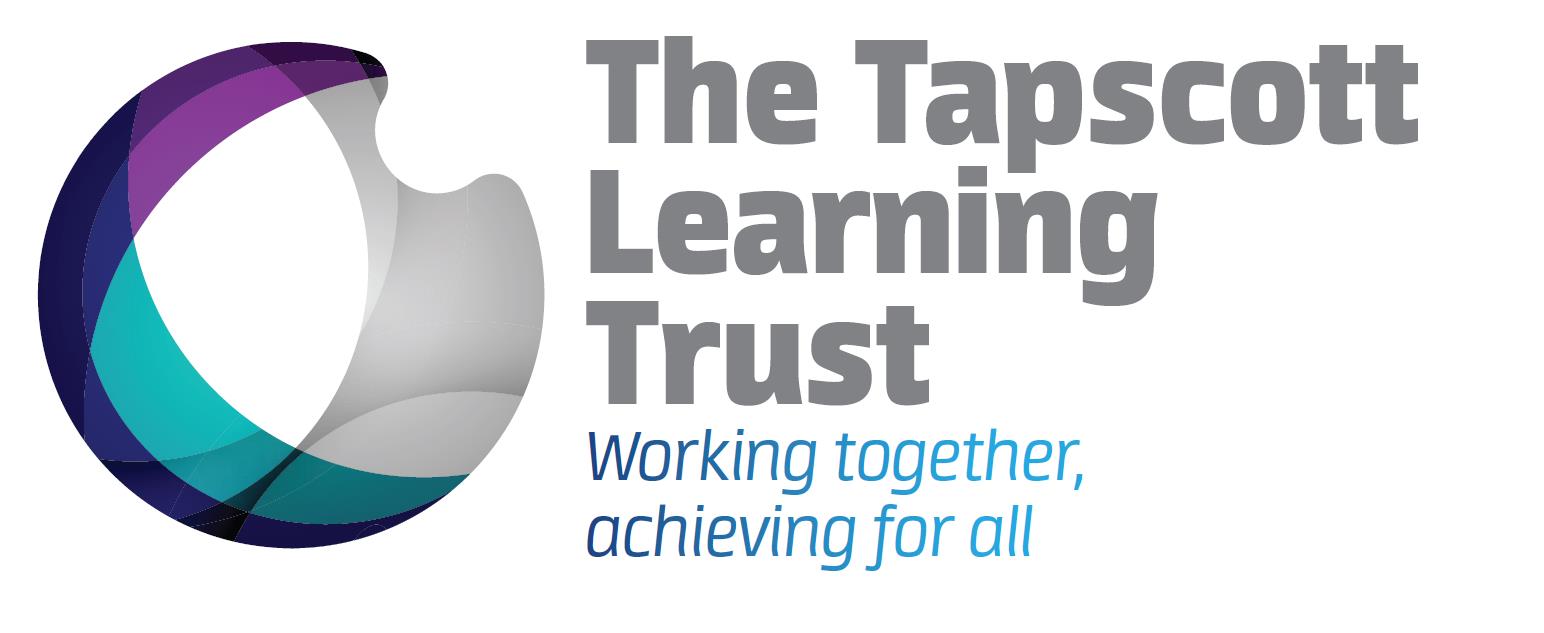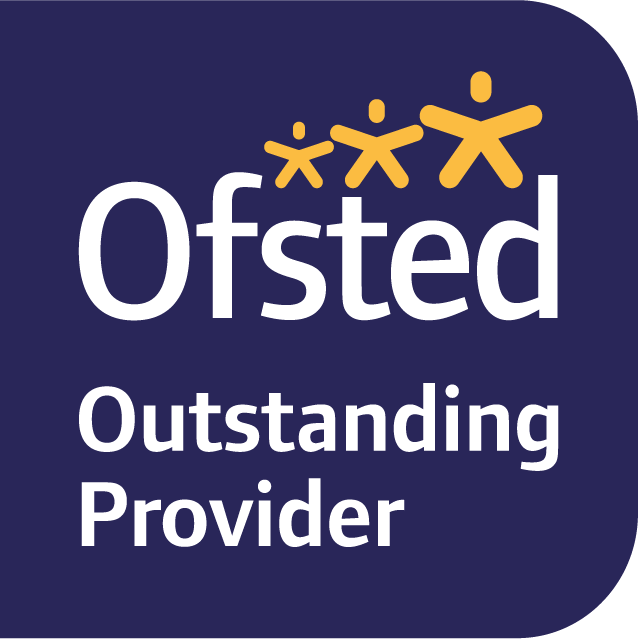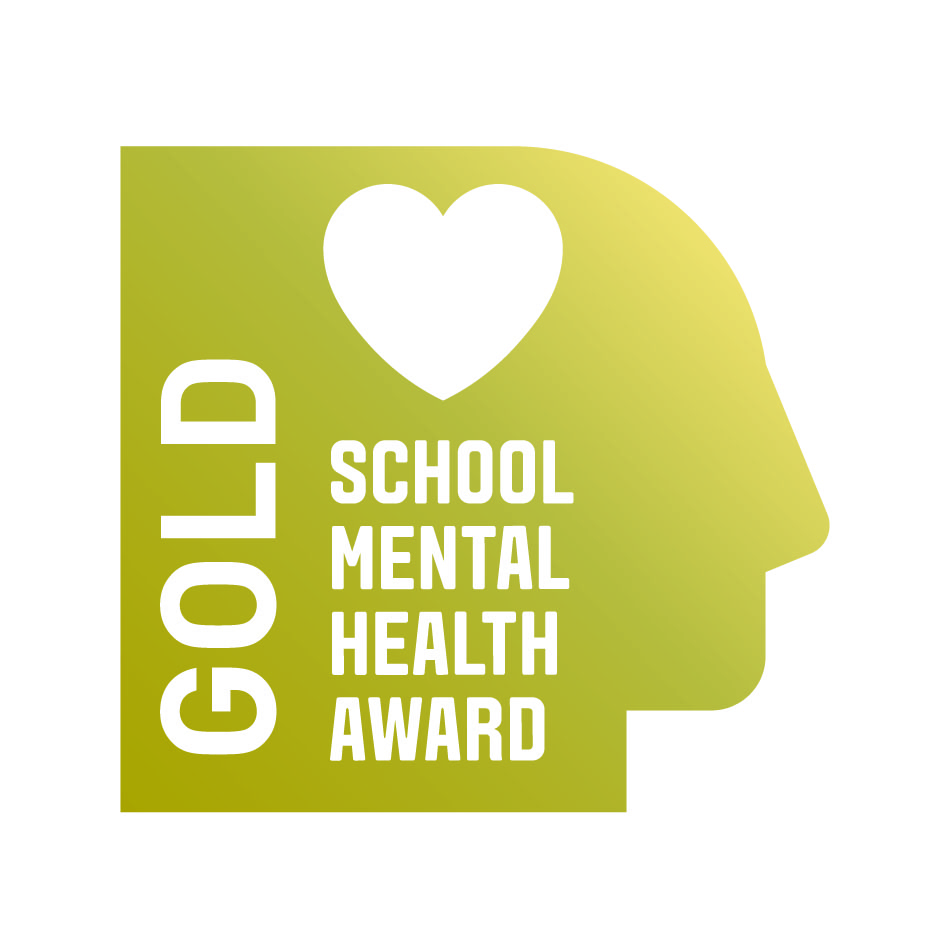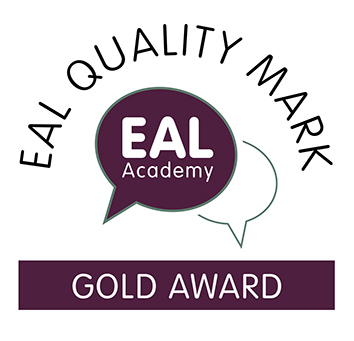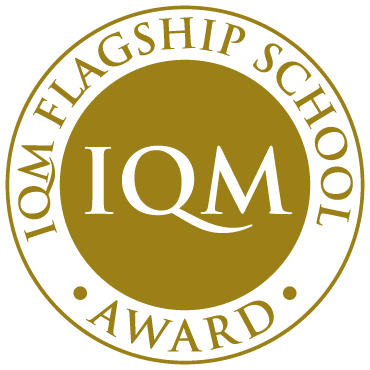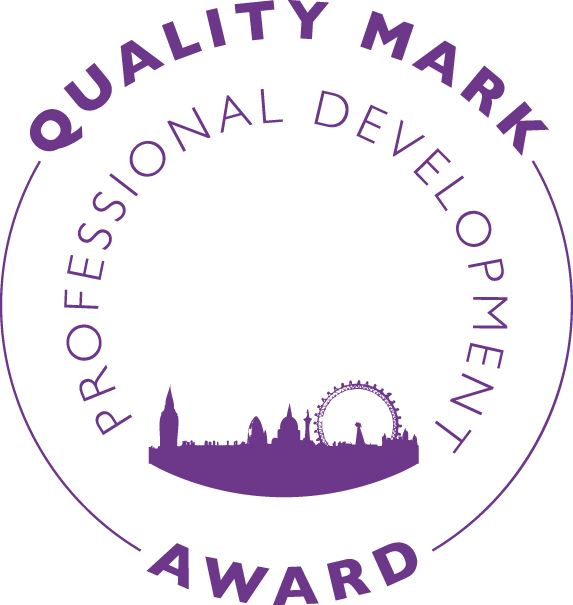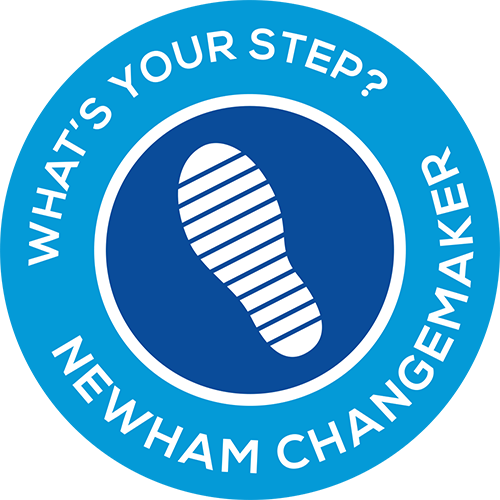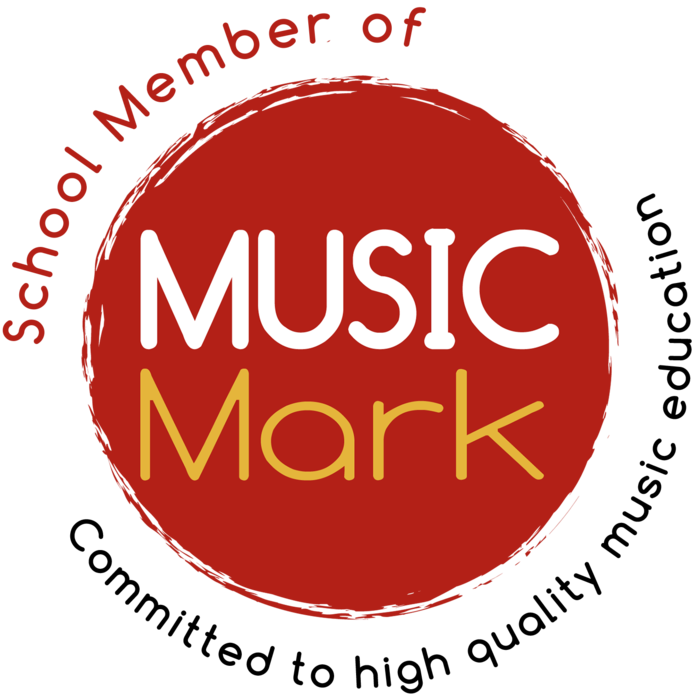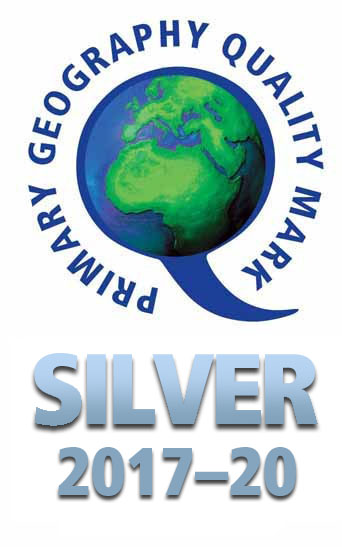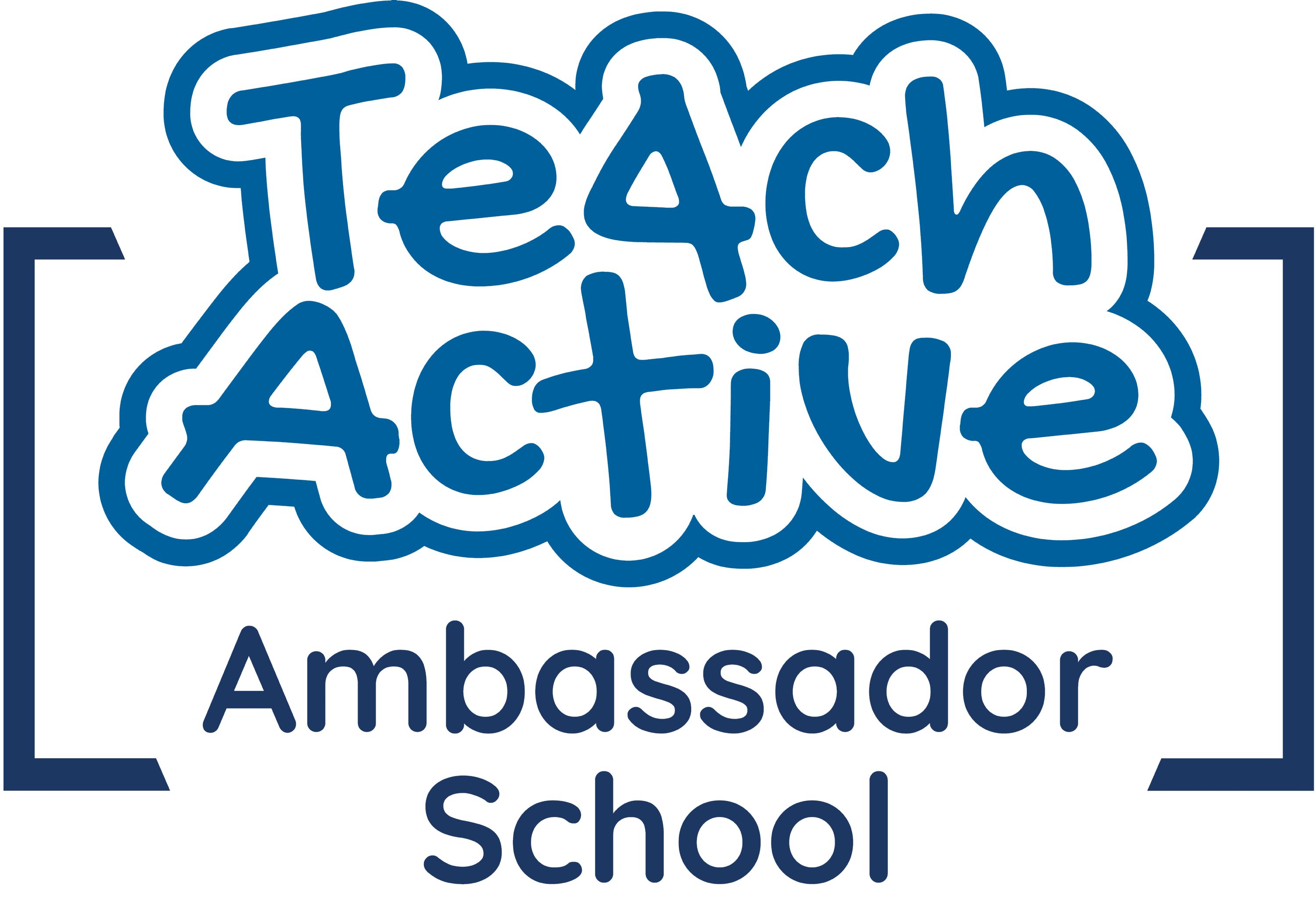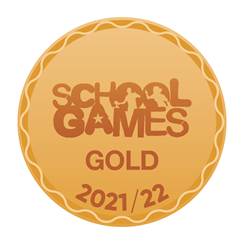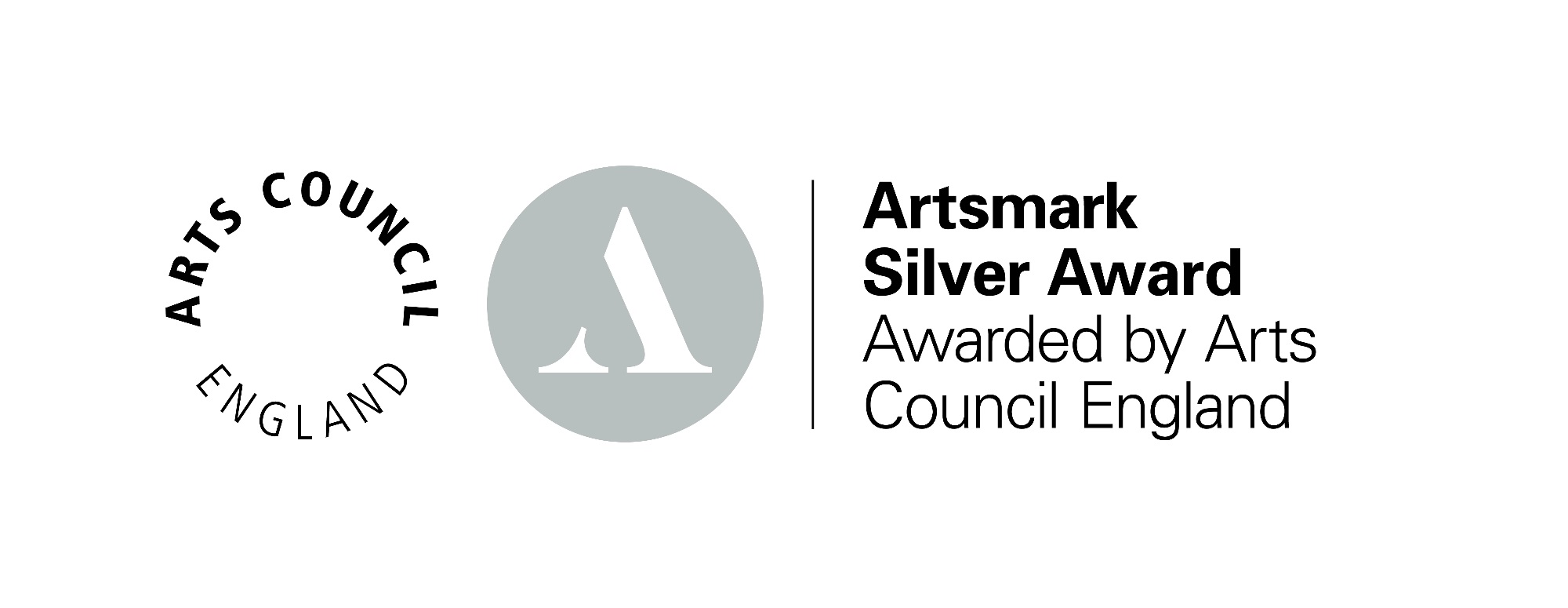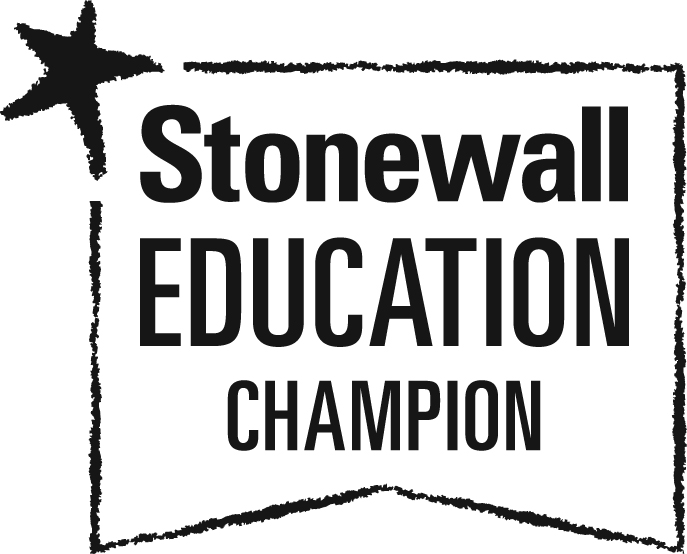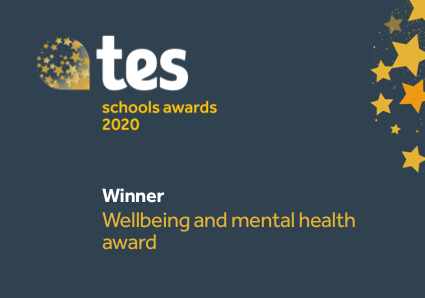Culture
Why Culture?
“At its best, a sound Cultural Education should allow children to gain knowledge through the learning of facts; understanding through the development of their critical faculties and skills through the opportunity to practise specific art forms. Involvement with cultural activities, whether as an active participant (creating a piece of art or craft, reading a book, making a short film) or actively experiencing an event or place (visiting a heritage site, gallery or museum, seeing how a building works, watching a music, dance, or film performance) can be habit forming for the rest of a young person’s life.”
Darren Henley’s review of Cultural Education in England 2012
Our engaging and content-rich Curriculum K area encompasses the following:
- The World (History, Geography)
- Beliefs (RE- We follow the Newham Agreed Syllabus for RE linked in with our Curriculum K Beliefs learning)
- The Arts (Art & Design and Sound/ Music)
- Current Events
Our delivery of the culture curriculum provides our children with essential knowledge to become educated citizens. As highlighted in the aim of the National Curriculum (2014): “It is the essential knowledge that pupils need to be educated citizens, introducing them to the best that has been thought and said and helping to engender an appreciation of human creativity and achievement.”
Why have we taken this approach?
Living in Greater London in the United Kingdom, our children and our school community are hugely privileged to live in such a culturally rich and varied society.
With such incredible diversities, we need to ensure that our pupils leave Kensington Primary effectively equipped to make the most of what our wonderful country has to offer, as well as being empowered to make positive and powerful contributions within it.
In order for this to happen, our pupils are entitled to a comprehensive range of cultural content, which provides excellent knowledge and understanding of:
- Modern British Values (Life In Modern Britain)
- their rights
- democracy and other forms of governance
- other communities that they live amongst, as well as both celebrating and embracing the diversity that we have around us
- different faiths, beliefs, ethnicities and heritage of our diverse society, which they will often come across
- the phenomenal and significant historical and geographical aspects of their borough, city (of which London is a celebrated beacon), country and wider world
- the myriad of ways how they and others around them can effectively express themselves through the Arts
All of the above is effectively supported by our embedded approaches to ensure that our pupils know the importance of being respectful and accepting that their views, beliefs, background and outlook may be different to others.
Many of our amazing pupils have limited exposure to what all there is on offer around them; London is a Culture Capital in itself. Kensington’s Culture Curriculum is integral in addressing this directly. It is, after all, what they are entitled to.
Our key aims are:
- To have knowledge of diverse places, people and environments
- To understand physical geographical processes
- To have geographical understanding of the world
- To have knowledge and understanding of key events, influential people and movements (i.e. monarchy, empire, civil rights etc.) from the past and present, and how these could shape the future
- To develop core skills: colours; materials; musical, historical, geographical terminology
- To develop British/local knowledge - London, Parliament/government, Royal Family
- To have knowledge of Britain’s and our local rich heritage of culture and diversity
- To have an awareness of the impact of religion on society
